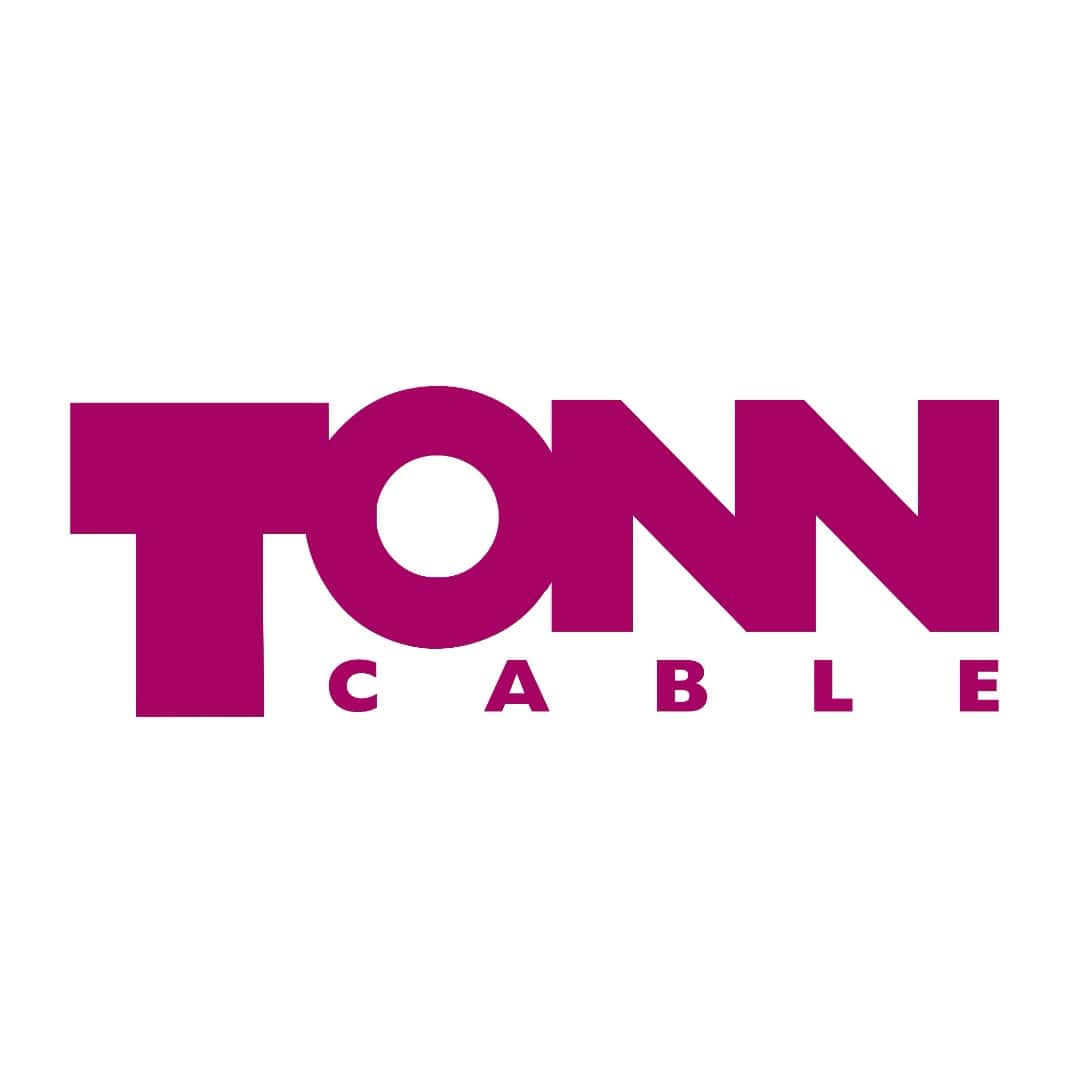The global march for clean energy is gathering speed: record numbers of #solar farms, wind turbines, and hydro electric plants are being built; smart grids are being upgraded to accommodate the new sources of #electricity.
Read More: https://znergycable.mystrikingly.com/blog/how-sustainable-cable-manufacturing-is-powering-the-future-of-cleanenergy
Read More: https://znergycable.mystrikingly.com/blog/how-sustainable-cable-manufacturing-is-powering-the-future-of-cleanenergy
The global march for clean energy is gathering speed: record numbers of #solar farms, wind turbines, and hydro electric plants are being built; smart grids are being upgraded to accommodate the new sources of #electricity.
Read More: https://znergycable.mystrikingly.com/blog/how-sustainable-cable-manufacturing-is-powering-the-future-of-cleanenergy
0 Yorumlar
0 hisse senetleri
957 Views
0 önizleme




